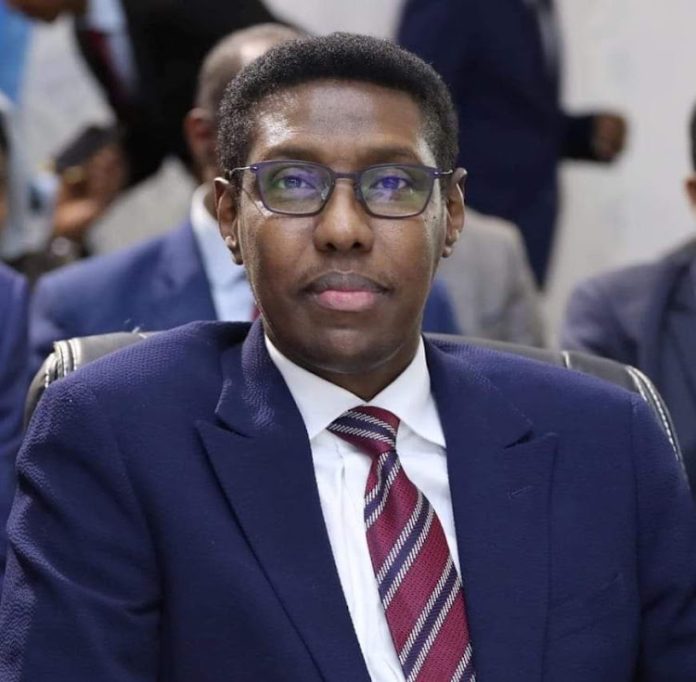Facebook Twitter (X) Instagram Somali Magazine - People's Magazine
Somalia’s former Internal Security Minister, Mohamed Islow, has voiced strong criticism of a new Electoral Bill that seeks to alter the leadership structure of Mogadishu and its districts. Approved by Somalia’s Cabinet ministers on Thursday, the Bill proposes the appointment of a regional governor for Mogadishu by the President through a decree. The governor would hold ministerial status, which represents a significant shift in how the capital’s leadership is currently determined.
Islow’s Concerns about the Electoral Bill
Islow, who now serves as a member of Somalia’s Federal Parliament, expressed his shock after reading the proposed Bill. He specifically pointed to Article 22, which outlines the plan to replace the current elected leadership in Mogadishu with an appointed governor. “It is unacceptable that the status of the capital, Mogadishu, and its districts, which has been a long-standing issue, be replaced by a regional governor appointed by the President through a decree, with ministerial powers,” Islow stated.
Islow called for the continuation of direct elections, emphasizing that the people of the Banadir Region should maintain the right to elect their own leaders. He insisted that the representatives of the Banadir Region would not accept anything less than this democratic process.
Details of the Proposed Electrol Bill
The proposed Electoral Bill stipulates that the appointed regional governor would oversee the Banadir Region, with a deputy responsible for the region’s security and political affairs on behalf of the federal government. The officeholder would be nominated by the Cabinet of Ministers and formally appointed by the President.
Alongside the Electoral Bill, the Cabinet also approved a Political Parties Bill, which, like the Electoral Bill, will be presented to the Federal Parliament for further deliberation and potential approval. If passed, both bills will be signed into law by President Hassan Sheikh Mohamud.
Constitutional Amendments and Broader Implications
This legislative development follows a series of constitutional amendments unanimously approved by Somalia’s bicameral parliament earlier this year. Among the amendments was Article 49, which mandates that the President be directly elected by the citizens. Additionally, the amended constitution now grants the President the authority to appoint and dismiss the Prime Minister, marking a shift from the previous system where the Parliament held the power to remove the Prime Minister through a vote of no confidence.
Another significant amendment, Article 54, introduced a framework for Somalia to have three national political parties as part of the country’s transition to a one-man, one-vote electoral system.

